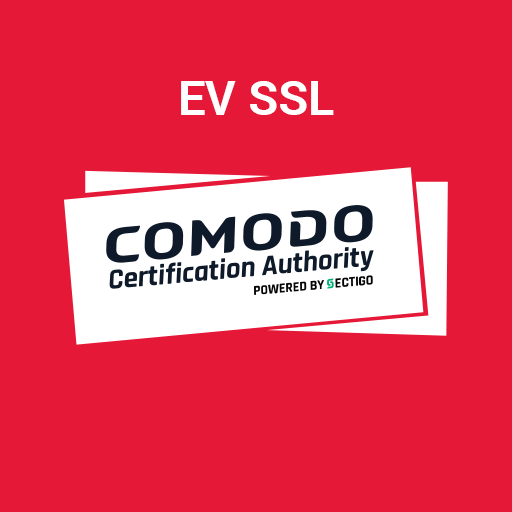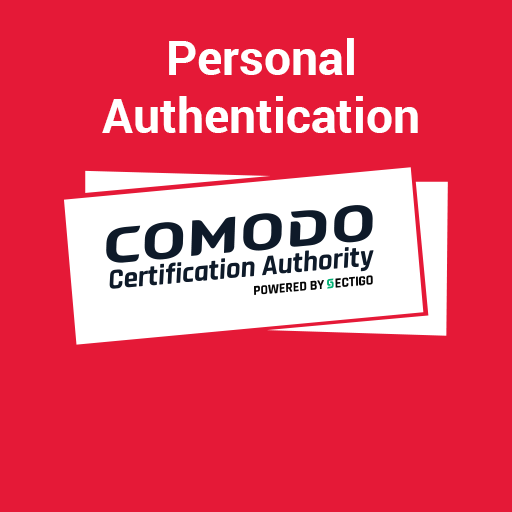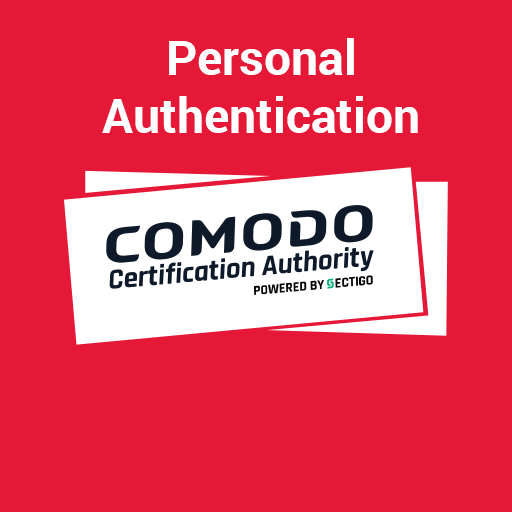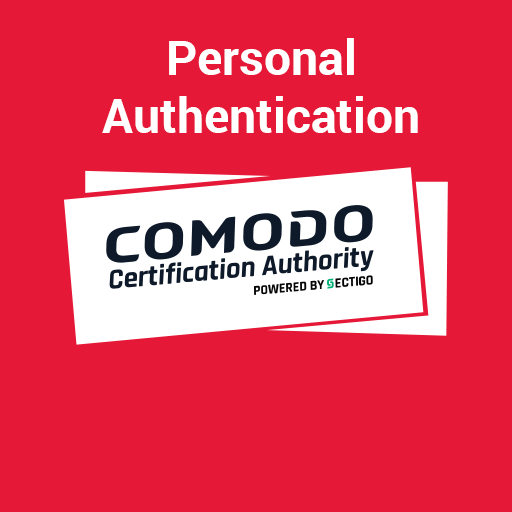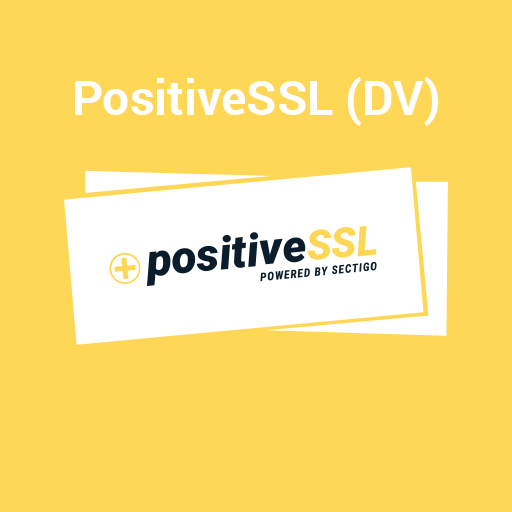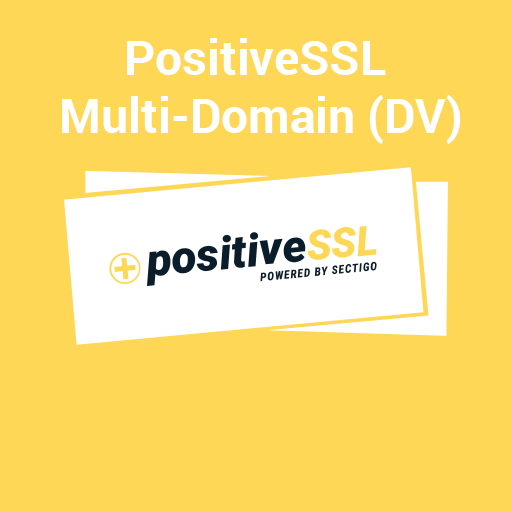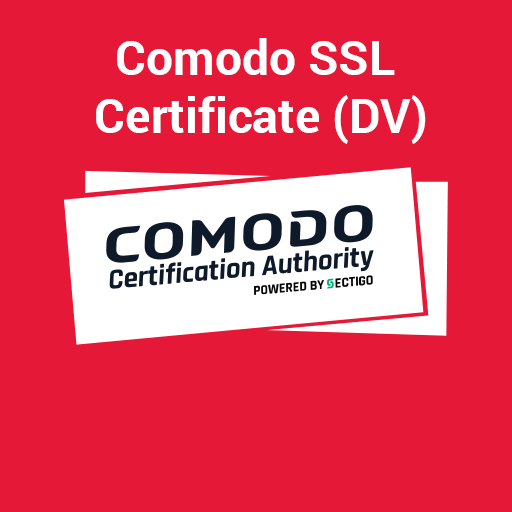When it comes to securing your website, choosing the right SSL certificate is crucial. Among the myriad of options available, Comodo SSL Certificates stand out for their robust security features and trusted brand reputation. In this detailed exploration, we’ll dive into what makes Comodo SSL Certificates a top choice for enhancing website security.
Understanding Comodo SSL Certificates
What is an SSL Certificate?
An SSL (Secure Sockets Layer) certificate is a digital certificate that provides encryption for data transmitted between a web browser and a server. This ensures that sensitive information such as credit card numbers and login credentials are transmitted securely, protecting them from eavesdroppers. When an SSL certificate is installed on a website, the HTTP protocol changes to HTTPS, indicating that the site is secure and encrypted.
History and Credibility of Comodo as a Brand
Comodo CA, now rebranded as Sectigo, has been at the forefront of digital security for over two decades. Known for its wide range of security products including antivirus software and firewall solutions, Comodo’s expertise in cybersecurity is well-established. As one of the largest providers of SSL certificates globally, Comodo’s reputation for reliability and trustworthiness is backed by years of providing strong encryption and authentication solutions to businesses around the world.
Key Features of Comodo SSL Certificates
Encryption Strength and Security
Comodo SSL certificates are synonymous with strong security standards. They offer up to 256-bit encryption with 2048-bit RSA signature keys or ECC support. This level of encryption ensures that any data transmitted between browsers and web servers remains private and integral. Whether you’re running a small blog or a large e-commerce platform, these certificates provide the assurance that your site’s interactions are secured against cyber threats.
Compatibility with Browsers and Systems
A significant advantage of using Comodo SSL certificates lies in their universal compatibility with web browsers. These certificates are recognized by 99.9% of modern browsers, ensuring that no matter what browser your visitors are using—be it Google Chrome, Mozilla Firefox, or Microsoft Edge—they will see your site as secure. This widespread compatibility helps reduce issues related to browser warnings about unsecured sites, which can deter visitors and harm your site’s credibility.
Types of Comodo SSL Certificates Available
Comodo Extended Validation (EV) SSL
The pinnacle of web security provided by Comodo comes in the form of Extended Validation (EV) SSL Certificates. These not only encrypt data but also rigorously validate the legitimacy of the business behind the website. EV certificates trigger visual indicators on browsers like green address bars or padlock icons along with displaying your company name prominently; this maximizes consumer trust tremendously making them ideal for high-profile websites handling sensitive customer data.
Comodo Domain Validated (DV) SSL
If you need quick validation without extensive documentation checks, DV certificates from Comodo are an excellent choice. They verify only domain ownership before issuance which can be completed within minutes. While they don’t bolster customer trust quite like OV or EV certs, they still provide strong encryption suitable for blogs, personal projects, or small businesses not collecting user information.
Company Organization Validated (OV) SSL
For businesses looking for something more robust than DV but less rigorous than EV, OV certificates strike a perfect balance. These require additional verification where both domain control and some organizational details must be confirmed prior to issuance. This added layer of authentication helps enhance user confidence by showing verified business details within the certificate itself, making them suitable for SMBs engaged in e-commerce or other forms involving user transactions.
The Importance of Choosing Comodo for E-commerce Sites
Boosting Customer Confidence with Secure Transactions
In the world of e-commerce, establishing trust is paramount. This is where Comodo SSL Certificates play a crucial role. By encrypting data in transit, these certificates ensure that sensitive information such as credit card numbers and personal details are securely transmitted from browsers to servers. What sets Comodo apart is its strong encryption standards and digital identity solutions that not only protect against data breaches but also boost customer confidence. Customers are more likely to complete purchases on sites that display secure connection indicators provided by SSL certificates.
Furthermore, the visual cues associated with Comodo SSL Certificates, like the padlock icon in the address bar and the green address bar for EV SSLs, serve as immediate reassurance to shoppers that their transactions are secure. These symbols of security can significantly reduce cart abandonment rates and enhance user engagement by creating a safe shopping environment.
Moreover, Comodo’s range of products, from Domain Validation (DV) for small websites to Extended Validation (EV) for large enterprises, offers tailored solutions that meet diverse business needs. Each certificate type brings a different level of validation and trust, allowing businesses to choose one best suited for their online presence and customer base.
Meeting Compliance Requirements for Online Sales
E-commerce sites must adhere to various regulatory standards such as PCI DSS (Payment Card Industry Data Security Standard), which mandates the use of an SSL/TLS certificate for websites accepting credit card information. Comodo SSL Certificates help businesses meet these requirements effortlessly by ensuring data transmitted over the internet is secure from unauthorized access.
Beyond basic compliance, using an SSL certificate from a recognized Certificate Authority (CA) like Comodo delivers additional assurance to stakeholders about the legitimacy and security commitment of an e-commerce platform. This can be particularly important when dealing with sensitive customer data or when operating in industries regulated by strict data protection laws.
The adoption of HTTPS not only helps in complying with privacy policies but also affects search engine rankings positively. Google has confirmed HTTPS as a ranking factor; hence installing Comodo SSL Certificates could potentially boost your SEO efforts making your site more visible to potential customers.
Installation Process for Comodo SSL Certificates
Step-by-Step Guide to Installing Your Certificate
The process of installing a Comodo SSL Certificate begins once you purchase your chosen type of certificate. After purchasing, you will need to generate a Certificate Signing Request (CSR) on your server which includes key company details required during the certification issuance process.
You then submit this CSR along with any necessary validation documents depending on whether you have chosen DV, OV, or EV certificates. For DV certificates, domain control verification might be as simple as responding to an email or adjusting DNS settings whereas OV and EV require additional documentation checks.
Once verified by Comodo’s team, they will issue your certificate which can then be installed on your server. Installation varies slightly between different types of servers but generally involves importing your server certificate along with any intermediate certificates and configuring your web server settings appropriately so it uses the new certificate for HTTPS connections.
Troubleshooting Common Installation Issues
If issues arise during installation—common problems include errors related to incorrect CSR generation or missing intermediate certificates—it’s essential first to check all elements were correctly implemented according to installation guidelines provided by Comodo.
Oftentimes simply reissuing or reinstalling the certificate can resolve issues; however if difficulties persist assistance from Comodo’s support may be necessary who are available 24/7 helping troubleshoot any problem areas efficiently ensuring minimal downtime for your online operations.
Cost-Benefit Analysis of Investing in Comodo SSL Certificates
Pricing Structures Compared to Other Brands
Comodo SSL Certificates offer competitive pricing models suitable for all types of businesses—from startups needing basic encryption at low costs through PositiveSSL options up towards large enterprises requiring robust security measures via EnterpriseSSL Pro packages—all designed economically while delivering high value ensuring every dollar spent enhances website security without breaking budgets.
Long-Term Benefits Over Initial Costs
Investing in Comodo SSL Certificates provides long-term benefits that outweigh the initial costs. The enhanced security and trust they offer not only protect sensitive data but also build customer confidence, which is crucial for the success of any online business. With the added advantage of potentially improved search engine rankings and compliance with industry standards, Comodo SSL Certificates are a valuable investment for any website looking to ensure robust security and user trust.
-
Comodo Code Signing
$121.50/yearThese code signing certificates help ensure that any code or content you’re looking to distribute over the internet is safe from modification, re-hosting, and impersonation by malicious third parties. View Full Product Details
-
Comodo EV Code Signing
$121.50/yearComodo Extended Validation (EV) Code Signing gives your customers the peace of mind to download your software. After all, you’ve worked too hard for that conversion for a browser warning to derail you. An EV Code Signing certificate features all the benefits of a regular code signing certificate but offers identity assurance. And identity assurance is what gets rid of those pesky browser warnings and builds file reputation in Microsoft SmartScreen. Your EV Code Signing certificate also features an added […]
-
Comodo EV SSL
$187.65/yearCertificate
Comodo EV SSL Certificate is the highest level of SSL Certificate available. It provides the highest level of encryption and authentication to ensure your website is secure and trusted by visitors. Get the highest level of security for your website today with Comodo EV SSL Certificate.
-
Comodo Personal Authentication Basic Certificate
$12.08/yearThis post provides an overview of the Comodo Personal Authentication Basic Certificate, including features, benefits, and pricing. Learn how this certificate can help you secure your online accounts and transactions.
-
Comodo Personal Authentication Enterprise Certificate
$47.25/yearSecure your enterprise with Comodo’s Personal Authentication Enterprise Certificate. Get the highest level of authentication and encryption for your business with Comodo’s industry-leading digital certificates. Protect your data and secure your enterprise today.
-
Comodo Personal Authentication Pro Certificate
$33.75/yearSecure your online identity with Comodo Personal Authentication Pro Certificate. Get the highest level of authentication with the most advanced encryption technology. Protect your online accounts and transactions with the highest level of security.
-
Comodo PositiveSSL
$6.75/yearCertificate
Secure your website with Comodo PositiveSSL Certificate. Get the highest level of encryption and trust with Comodo PositiveSSL Certificate. Get the best price and fast delivery.
-
Comodo PositiveSSL Multi-Domain
$20.25/yearComodo PositiveSSL Multi-Domain Certificate Secure Your Multiple Domains with Comodo PositiveSSL Multi-Domain If you’re seeking an efficient and cost-effective way to secure multiple domains with a single SSL certificate, look no further than the Comodo PositiveSSL Multi-Domain Certificate. This certificate offers comprehensive security for up to 250 domains, providing you with the peace of mind and encryption needed to boost your online presence. Experience Enhanced Protection: Our certificate goes beyond conventional security solutions. With the ability to secure up to […]
-
Comodo PositiveSSL Multi-Domain Wildcard
$160.65/yearCertificate
Secure up to 250 domains with a single Comodo PositiveSSL Multi-Domain Wildcard Certificate. Get the highest level of encryption and authentication for your website and protect your customers’ data. Get your certificate today!
-
Comodo PositiveSSL Wildcard
$78.30/yearComodo PositiveSSL Wildcard Certificate for Secure Online Browsing The Comodo PositiveSSL Wildcard Certificate is a Domain Validated (DV) certificate that offers a quick and affordable solution to protect an unlimited number of subdomains under a main domain. With its easy issuance process and high browser recognition, you can get the valuable “https” displayed on your main domain and all subdomains in just minutes. What is Wildcard SSL? Wildcard SSL certificates are a type of SSL/TLS certificate that allows you to […]
-
Comodo SSL Certificate (DV)
$37.80/yearSecure your website with Comodo’s Domain Validated (DV) SSL Certificate. Get the highest encryption levels and the most reliable protection for your website and customers. Get your Comodo SSL Certificate today!
-
Comodo Wildcard SSL Certificate (DV)
$180.90/yearComodo Wildcard SSL Certificate (DV) provides secure encryption for unlimited subdomains. Get the best price and fast installation with Comodo Wildcard SSL Certificate (DV). Get the best security for your website today!



